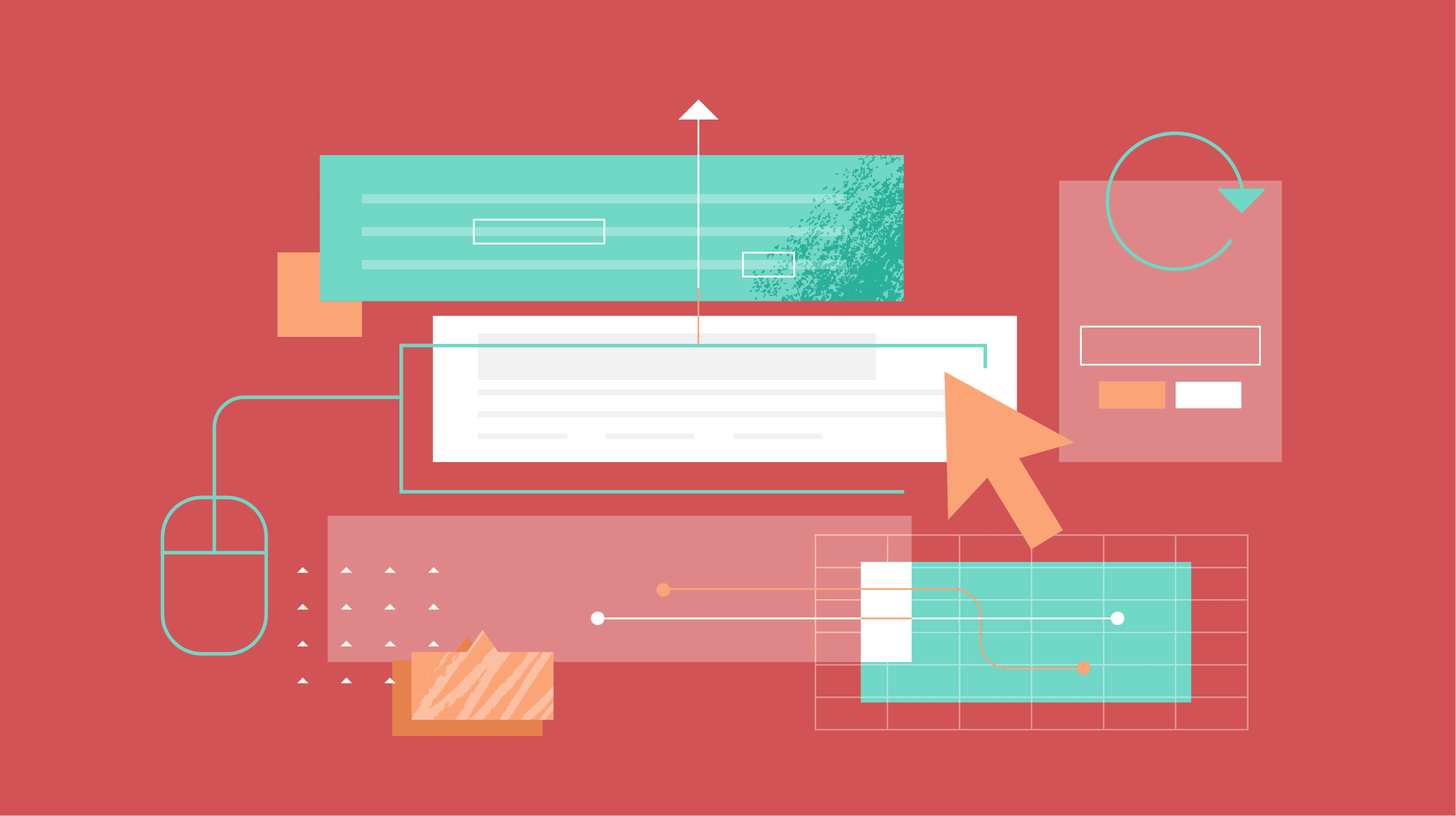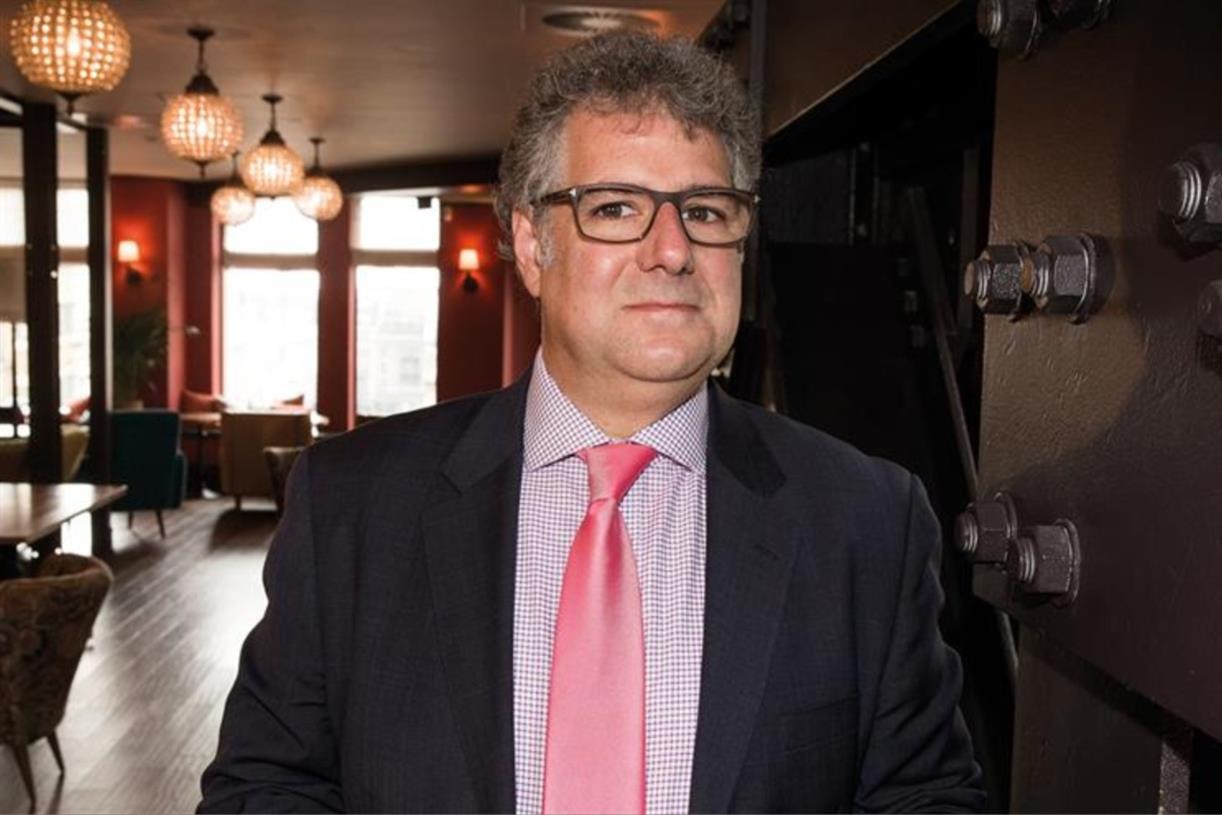Railroad CSX adding new freight route on Tuesday to avoid Port of Baltimore after bridge collapse
Freight railroad CSX is starting a new route between Baltimore and New York with the bridge collapse and port closure expected to create trade issues for weeks.
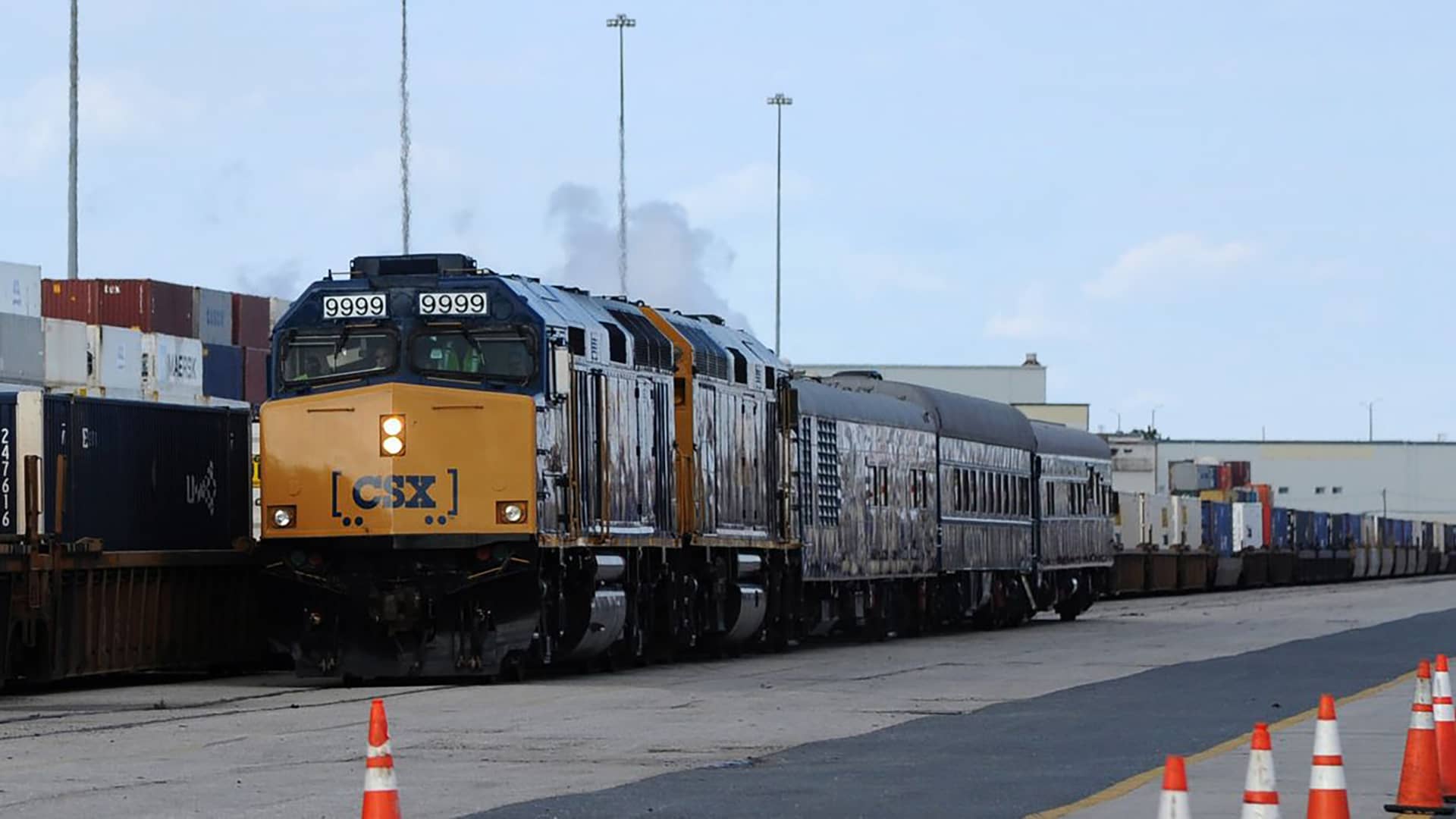
CSX train at Seagirt Marine Terminal, Port of Baltimore.
Baltimore Sun | Tribune News Service | Getty Images
CSX is starting a new dedicated freight rail service between Baltimore and New York for its clients on Tuesday to help mitigate the trade disruption as a result of the closure of the Port of Baltimore after the cargo vessel Dali collided with the Francis Scott Key Bridge leading to its collapse on March 26.
Baltimore-bound rail freight which was diverted to the Port of New York and New Jersey will use this new CSX service, the freight railroad tells CNBC. Freight destined for the Port of Baltimore as exports will also use this new service to get to the Port of New York. The amount of freight being moved on the new line is not being disclosed for now, a CSX spokeswoman said. CSX is currently in an earnings quiet period.
The railroad explained in an email to CNBC that strategic partnerships with steamship lines allow it to transport freight between New York and Baltimore, using its established international sales network.
The new service "will help to manage the traffic flow that would typically transit through the Port of Baltimore," the CSX spokeswoman said in a statement to CNBC, though she stressed that the situation at the port is fluid. "While the timeline for resuming freight operations at the Port of Baltimore remains uncertain, we are in constant communication with our customers, providing timely updates on the status of their shipments. CSX is fully dedicated to meeting our customers' transportation needs during this challenging period."
MSC, the world's largest ocean carrier, told shipping clients last week "passage to and from Baltimore is at this time impossible and will not be reestablished for several weeks if not months."
More about Baltimore's Francis Scott Key Bridge collapse
Several major ocean carriers have told their shipping clients that once cargo reaches diversion ports, it will be the responsibility of the individual customers to make transportation arrangements.
In addition to rail service for the Baltimore freight that is being diverted on current vessels and now going to the Port of New York/ New Jersey, there are 10 vessels not counting the Dali that are stuck at the Port of Baltimore — including three bulk carriers, one vehicle carrier, three logistics naval vessels, two general cargo ships and one oil chemical tanker — which may ultimately need alternative freight options, including rail.
"The system is adjusting now and it is signaling it will last a while," said Aaron Roth, retired Coast Guard captain and Chertoff Group principal. "The magnitude of the event is still being assessed."
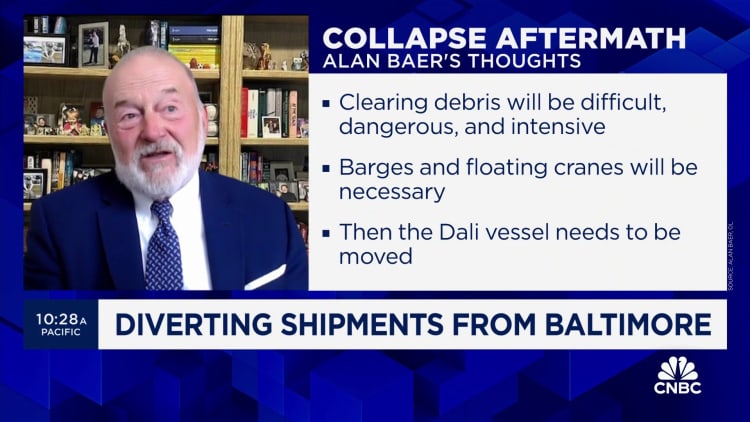

 Astrong
Astrong 







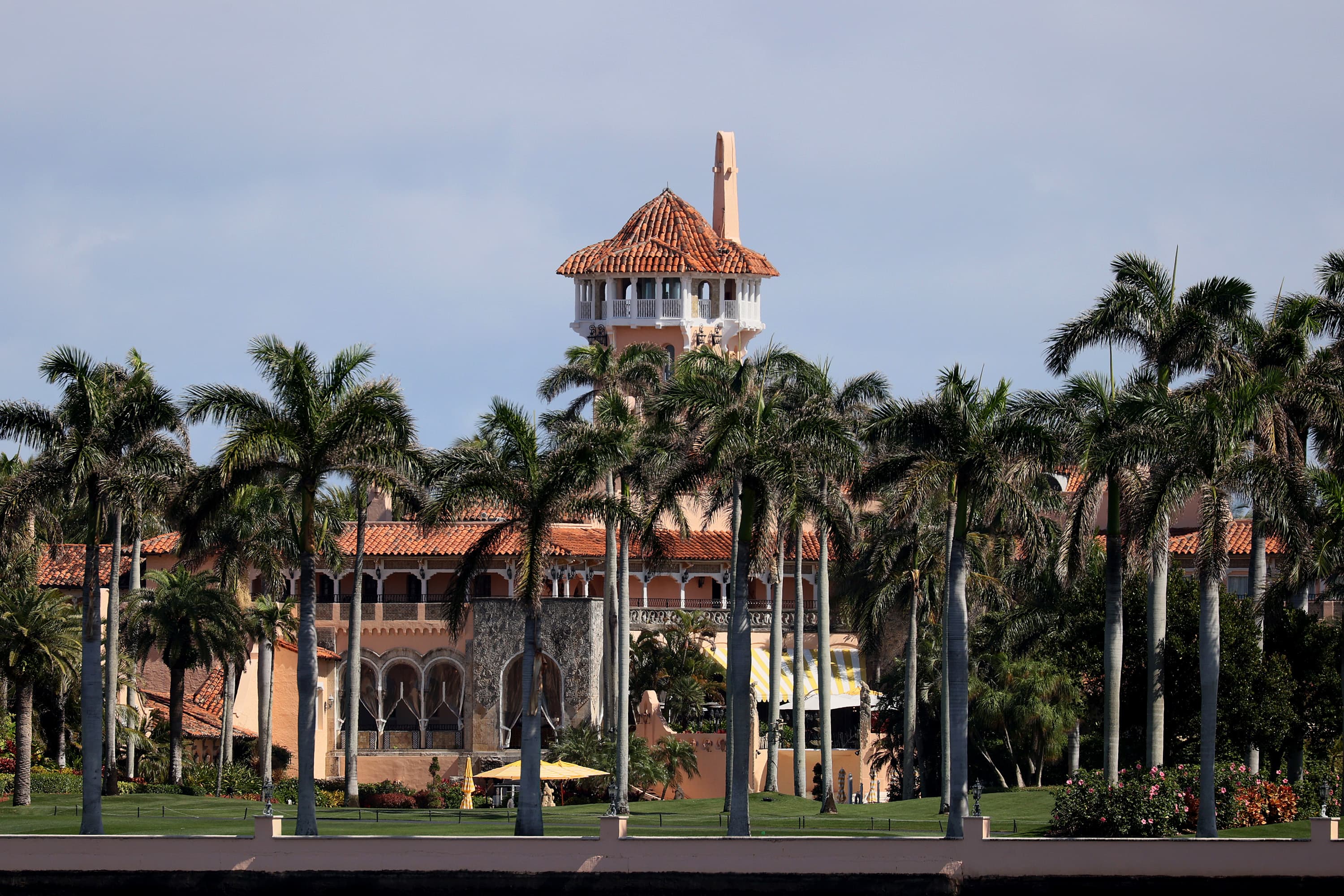

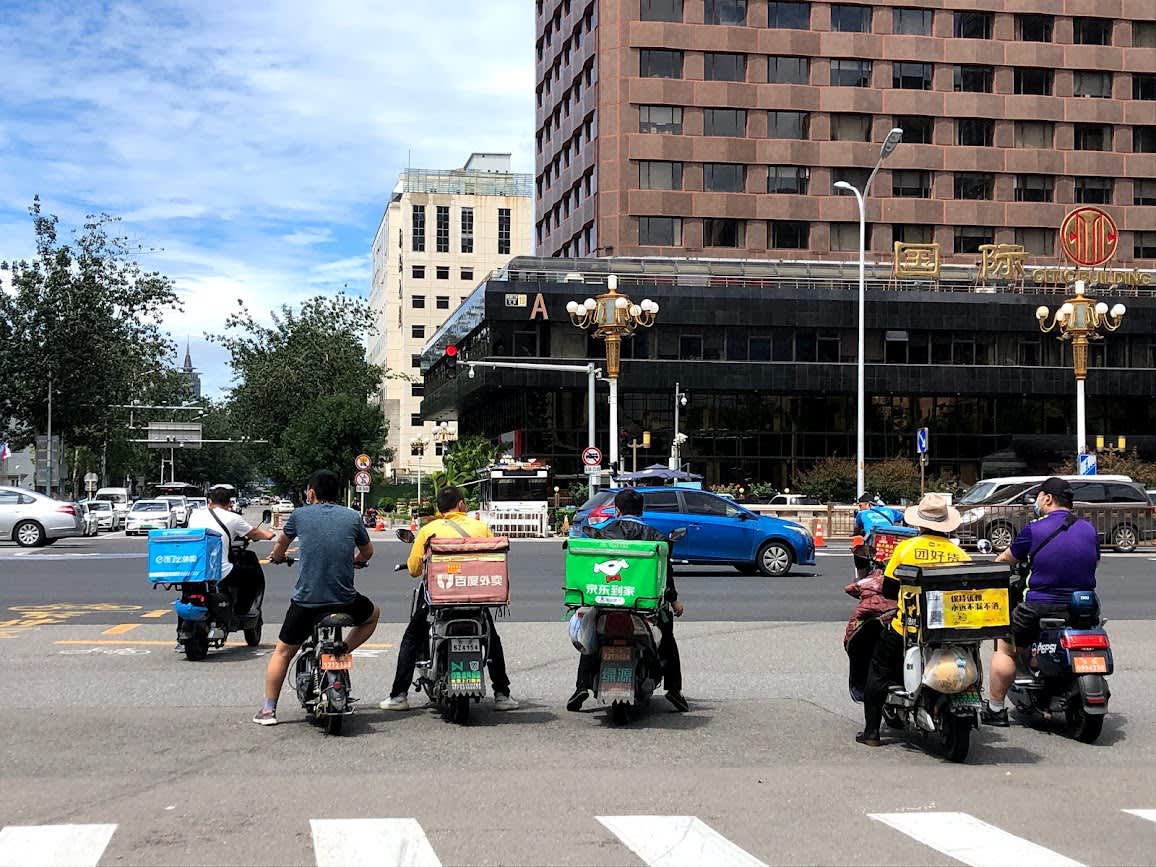
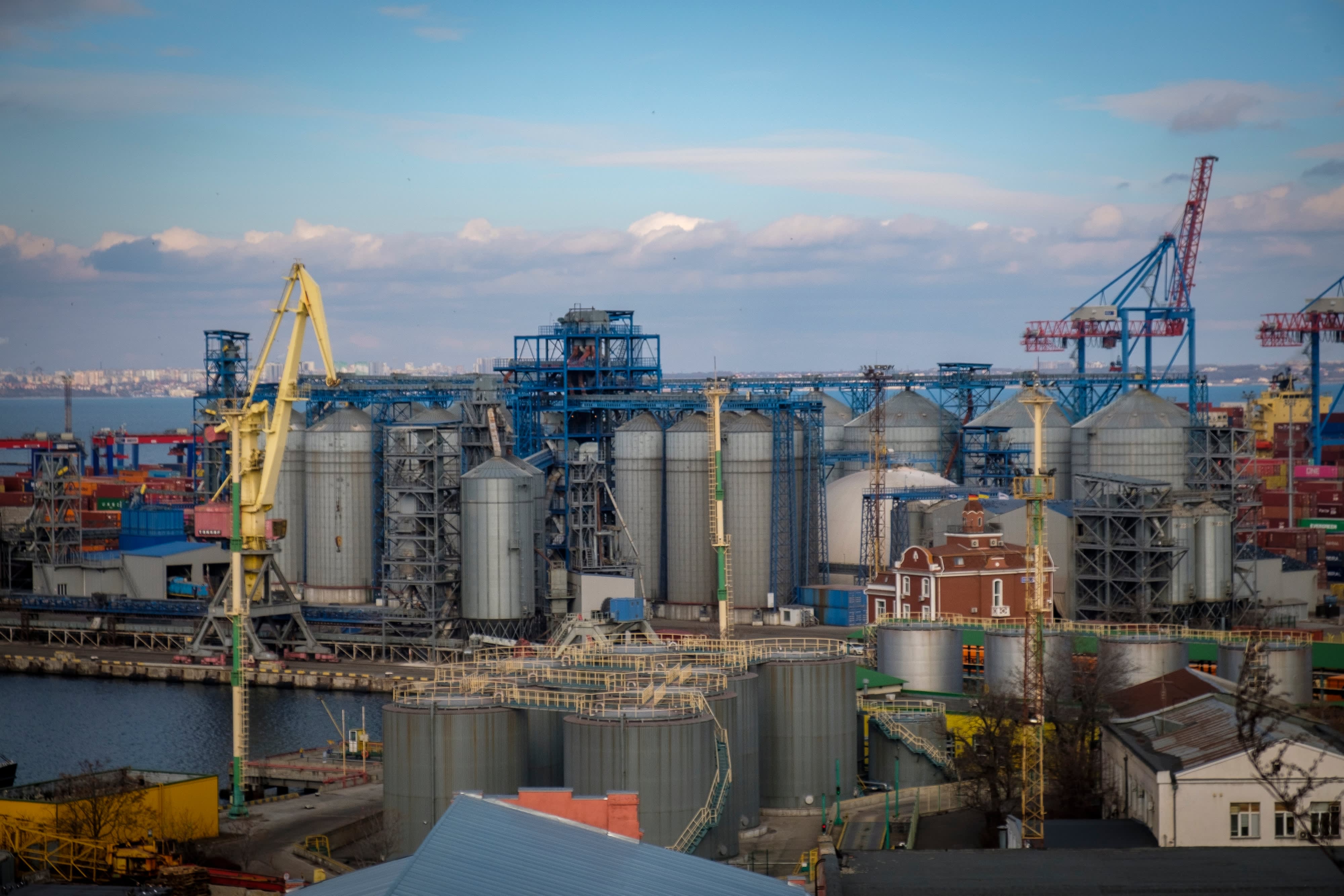

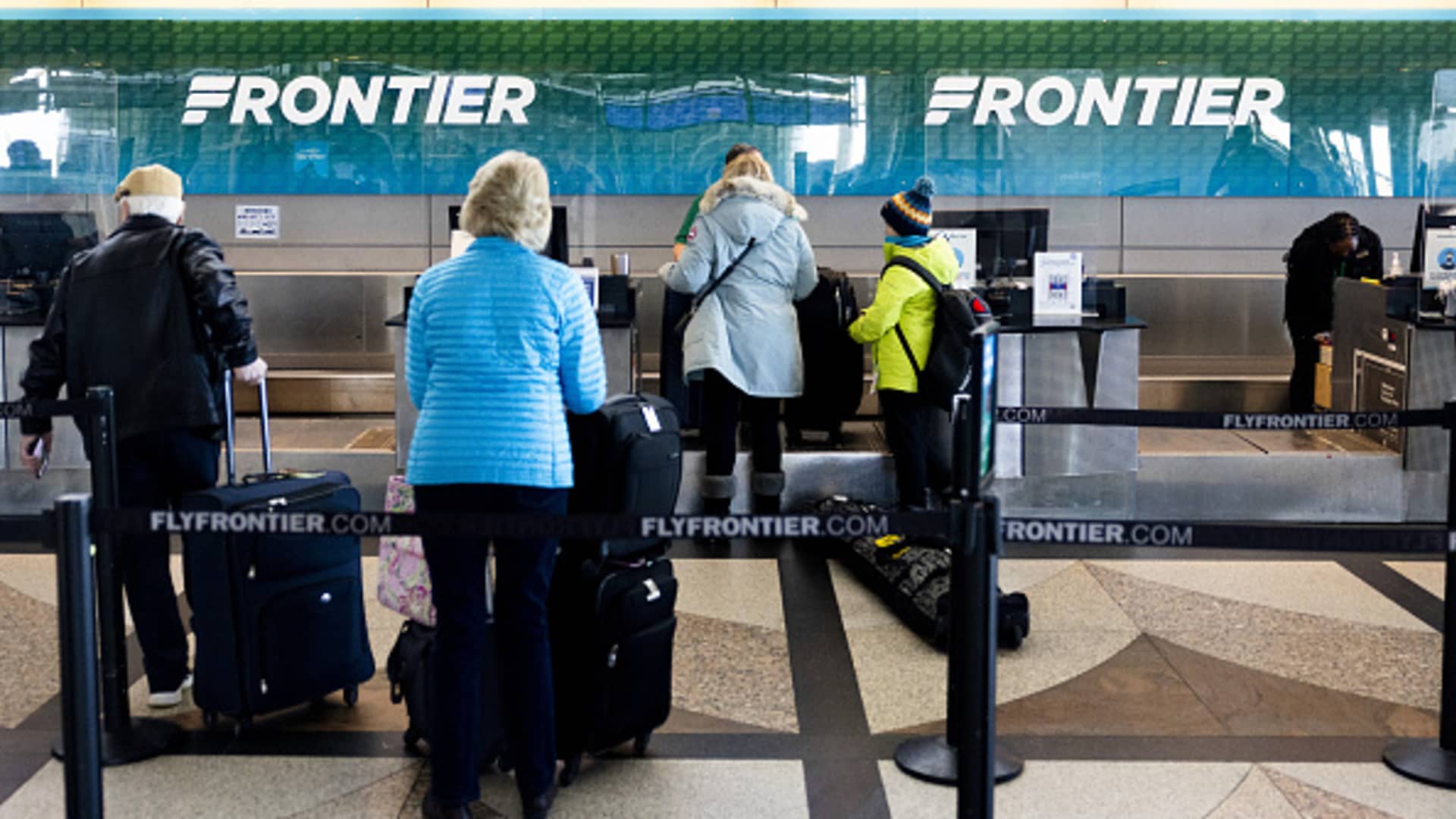






.jpg&h=630&w=1200&q=100&v=6e07dc5773&c=1)
